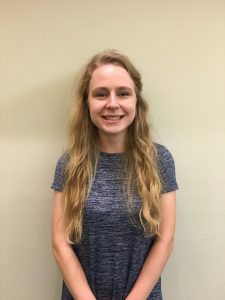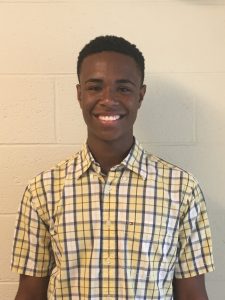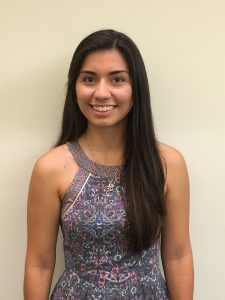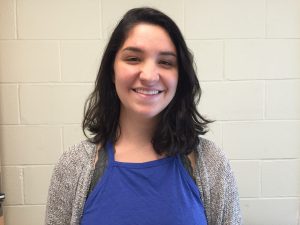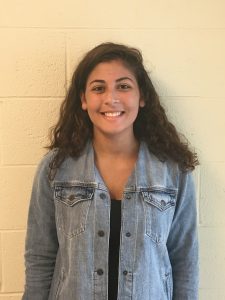
Taina Quiles is from Willimantic, CT where she attended Windham High School and played on the field hockey team. She hopes to join club field hockey at UConn, where she will major in Biological Sciences with a pre-med focus. Last summer Taina had the chance to participate in the Project SEED program at UConn, working with a graduate student to create gold nanoparticle slides that can potentially be used as a substrate for a biosensor to detect antigens and proteins. She hopes to study abroad before she graduates.
